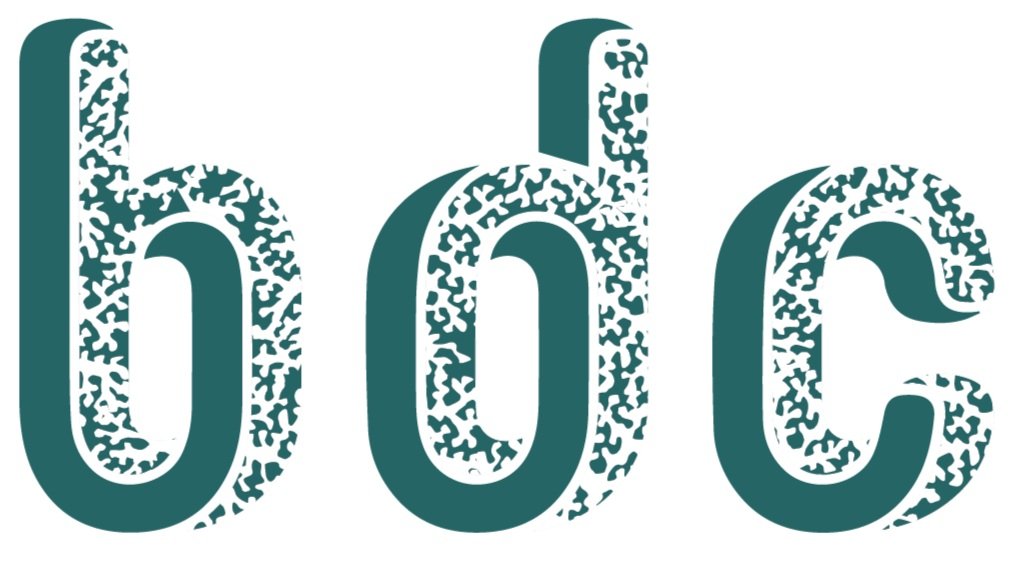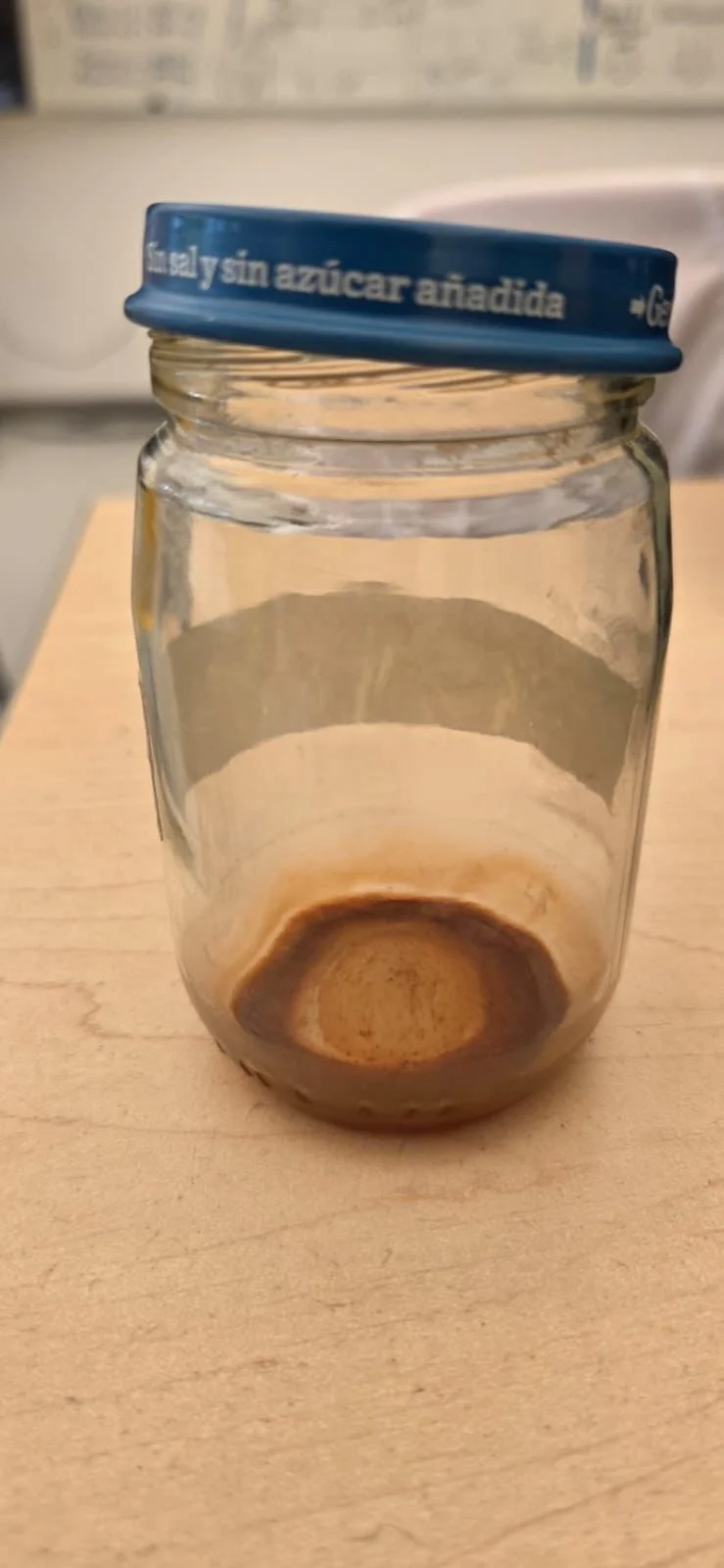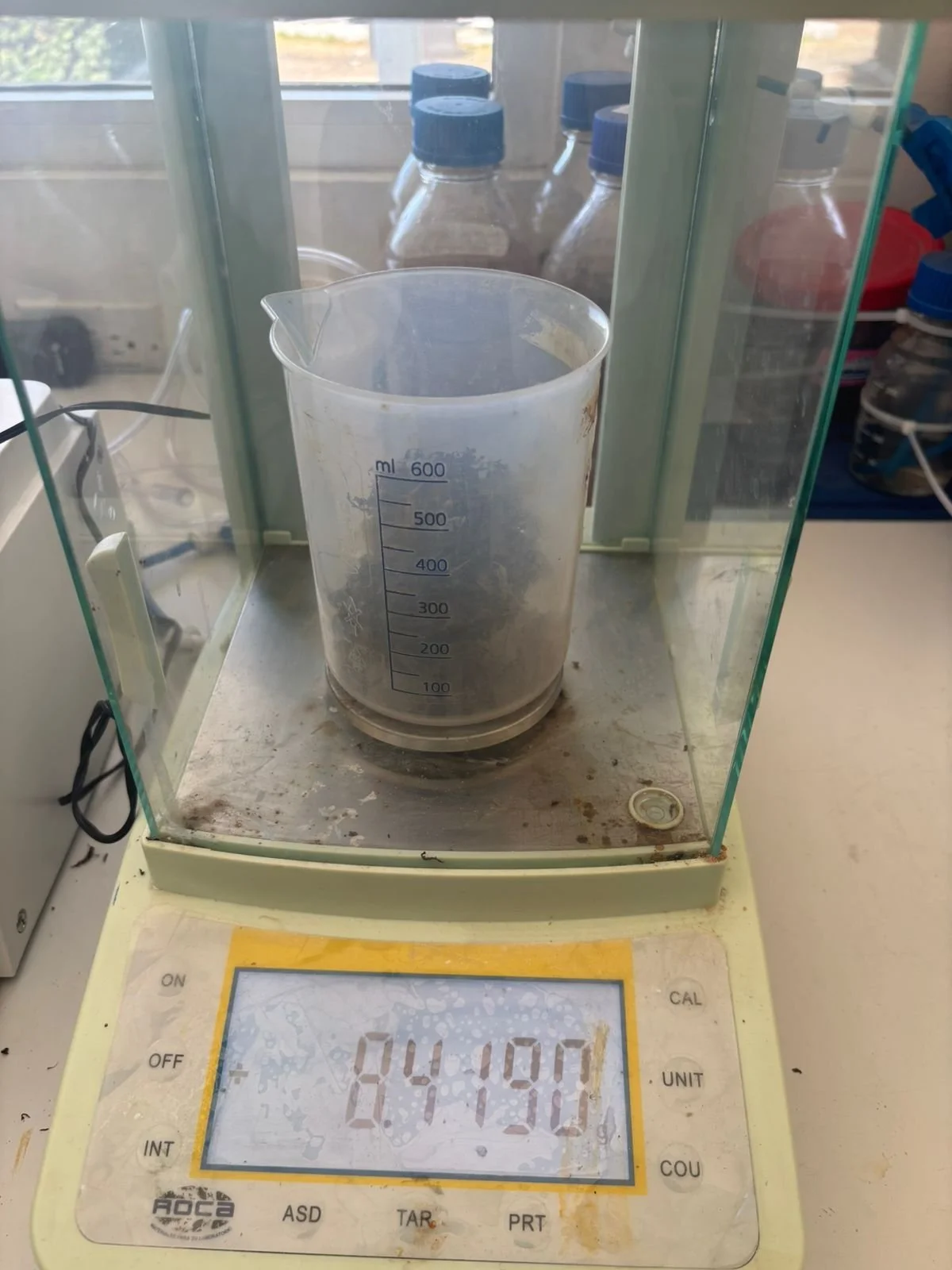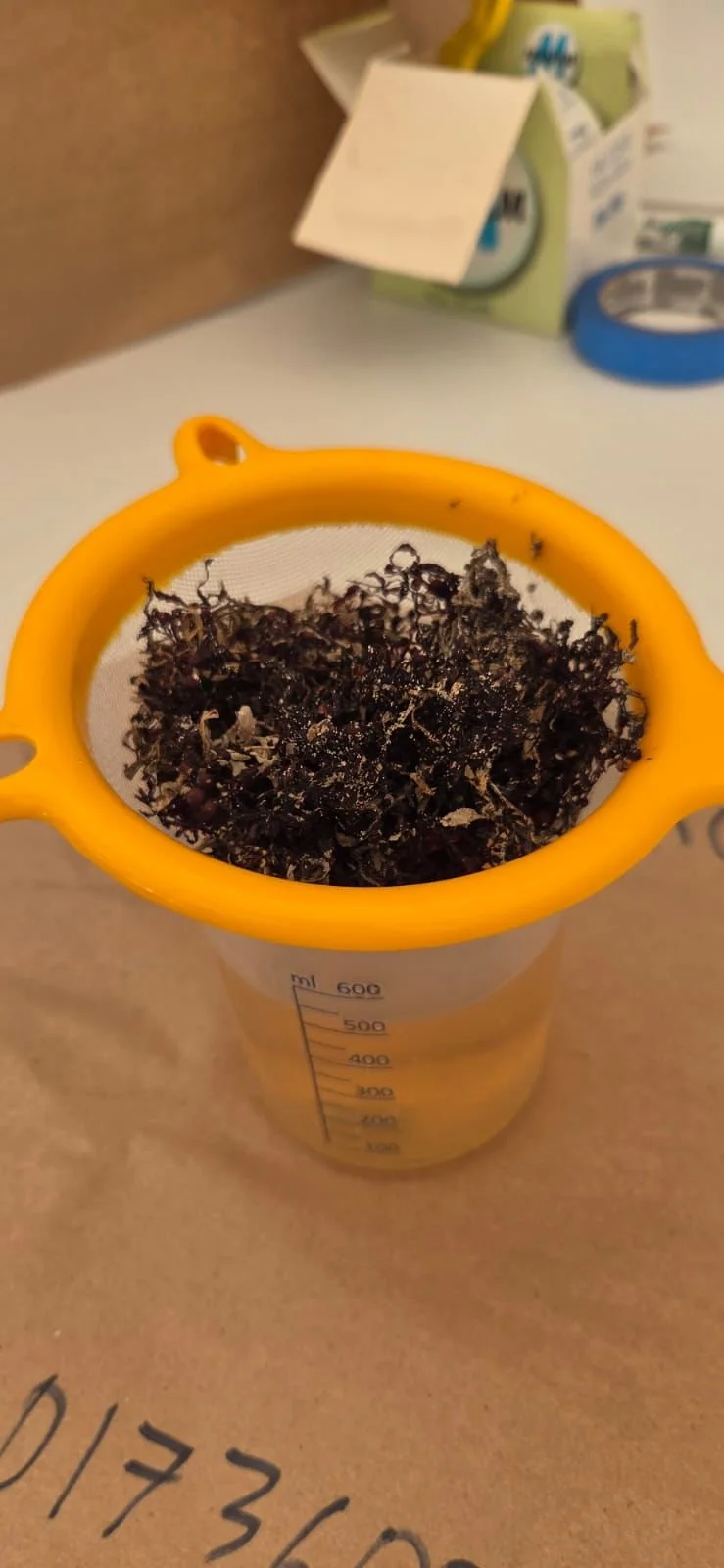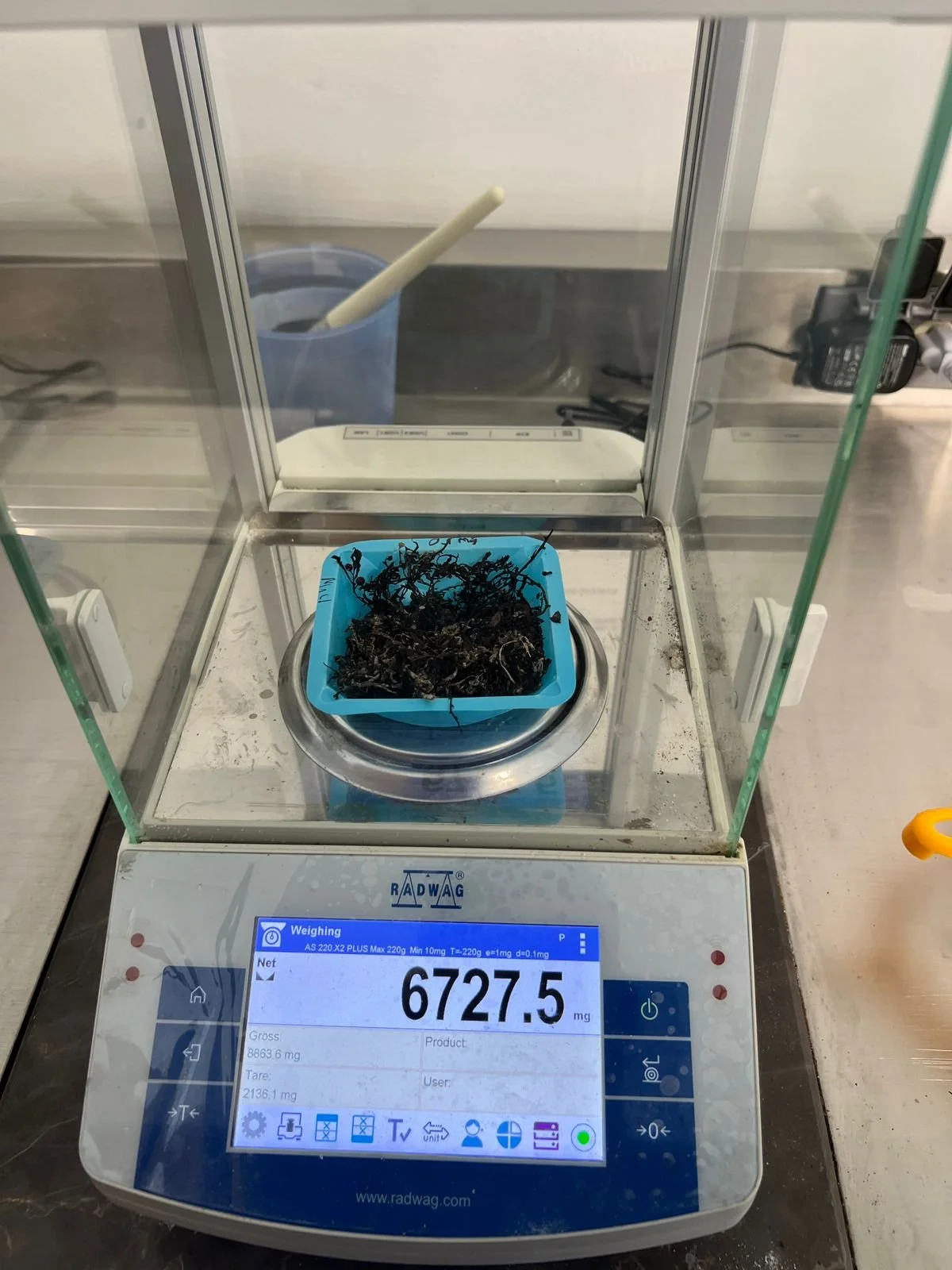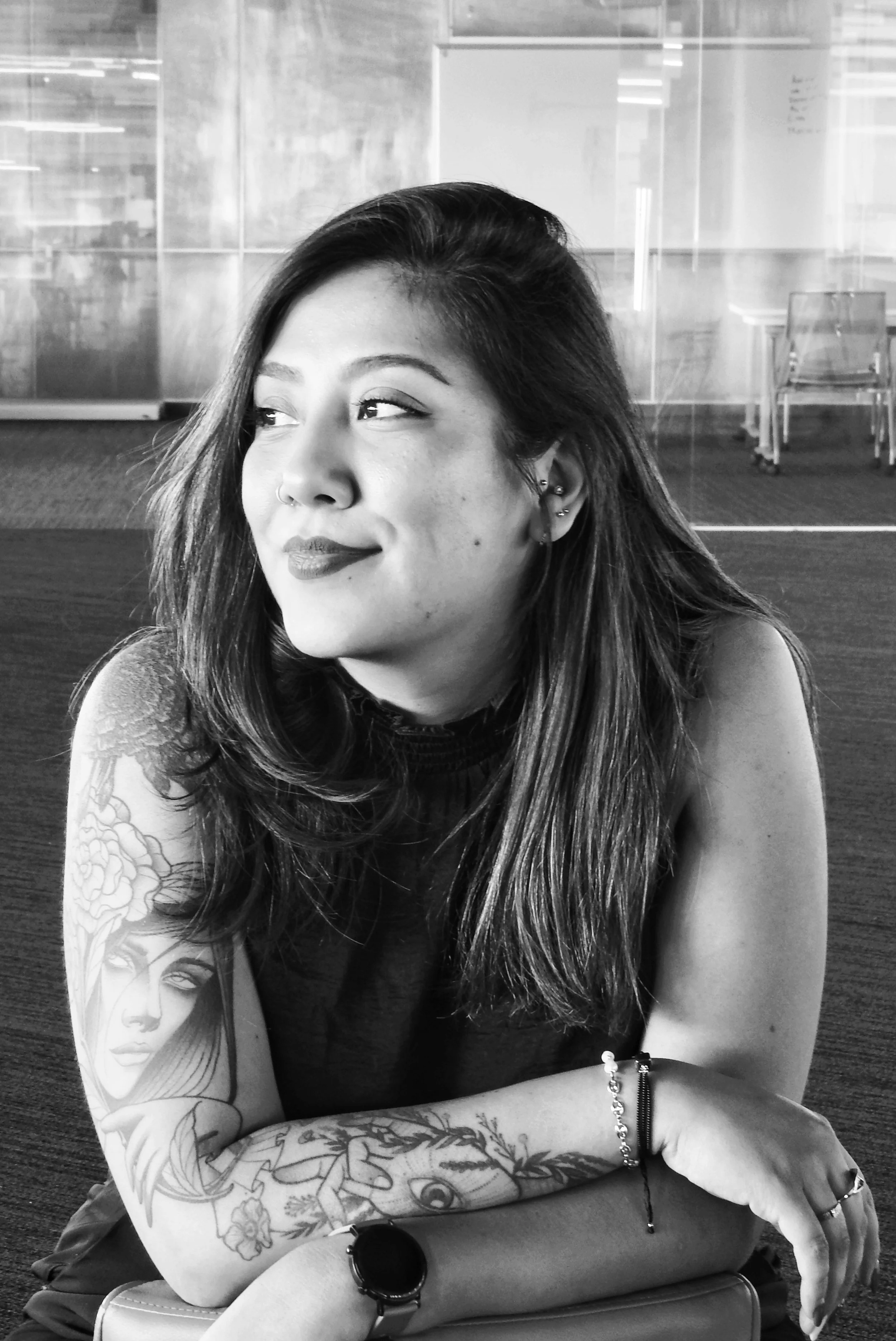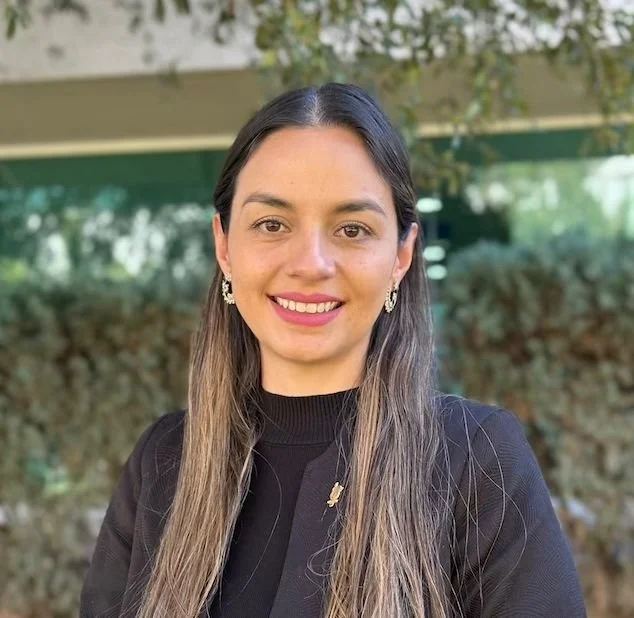Instituto Tecnológico y de Estudios Superiores de Monterrey Campus Puebla
PROJECTS 2025
SargHabitat
finalist project
Edson Seefoo Henriquez, Elías Yasser Bautista Palestina, Assylen León Álvarez, Karla Estefanía Pérez Losoya, Orly Sofía Meza Camacho, Carolina Sodi Mayet, América Castro Juárez
SargHabitat offers a sustainable solution for coral reef regeneration by combining residual concrete with Sargassum, an invasive seaweed causing environmental and economic challenges in Quintana Roo. The project creates bio-concrete coated with a biofilm derived from alginate extracted from Sargassum, designed to thrive in marine environments. This innovation not only helps restore damaged reef ecosystems but also addresses the excess Sargassum affecting local tourism and livelihoods. By repurposing waste materials, SargHabitat provides a scalable, eco-friendly approach to ocean conservation, blending biotechnology and architecture to promote healthier marine ecosystems and sustainable tourism development.
O-Brick
Nonfinalist project
Sebastián Emiliano Liera Dávila, Sergio Martín Nieto Locés
O-Brick is a sustainable building material developed using orange peel and pulp waste from juice production. By integrating these agricultural byproducts, the bricks gain increased porosity, reducing thermal conductivity and enhancing insulation—ideal for energy-efficient construction in warm climates. The project supports circular economy principles by repurposing food industry waste and minimizing reliance on traditional raw materials. In addition to lowering environmental impact, O-Brick explores how biomaterial innovation can address challenges in both agriculture and architecture. The bricks' thermal, mechanical, and environmental performance is being evaluated to ensure their viability as a durable, eco-friendly alternative in sustainable construction.
Instructors 2025
Anabel Barreda is a Architect from the Tecnológico de Monterrey (2011), she has collaborated in various institutional, commercial and residential projects in architecture, interior and urban planning offices in the city of Puebla. Founding partner of the defunct architecture firm RA3 Arquitectura, since 2016 she teaches classes in the Architecture and Interior Architecture courses, currently director of the Creative Studies Entry at the EAAD TEC Campus Puebla. In addition to participating in various projects within the academic community and giving talks or workshops related to speculative design, biodesign, speculative design or creative processes. Her interest in new thoughts and design processes and the way in which these can be applied to new teaching methodologies and information communication triggered her interest in biomaterials.
Celeste Ibarra is a professor and researcher in the Department of Bioengineering Centro-Occidente and National Director of the Biotechnology Engineering Program at Tecnológico de Monterrey. She holds a degree in Biotechnology Engineering and a PhD in Engineering Sciences. She completed a research stay at Jacobs University in Bremen, Germany, and is a Level I member of the National System of Researchers. Her research focuses on incorporating edible insects into a sustainable value chain. She is part of the flagship project Food Security and Nutrition, a guest editor and reviewer for scientific journals, and was recognized as a member of the Circle of Distinguished Professors in 2022 and 2023. She serves on the Board of Directors of the Mexican Association of Food Science (AMECA) (2023-2025), the CENEVAL Committee for IBT, and the Mentor Committee in Ingenia. She collaborated on the AMECA-CONAHCYT project promoting science, technology, and innovation in food sustainability.
Irma Cruz is a Pharmacological chemist graduated from BAUP. Master's and PhD in genetics and molecular biology from CINVESAV-IPN. Currently I work as a full-time professor and director of the biotechnology engineering program at the Tecnológico de Monterrey, Puebla Campus, where I have performed various functions such as: Coordinator of biotechnology laboratories, design of the TEC21 curricular plan and 2026 plans, organizing committee for Expo-Ingenierías and Biohack. I have developed educational innovation projects and implemented the Global Shared Learning Classroom. In the research area, I collaborated with Dr. Fabián Galindo at the BUAP Physiology Institute with the project to study intercellular signals generated by the activation of photosensitizing substances and their effects on the viability of cells in culture and currently, with Dr. Alfredo Benítez from UPAEP with the project to produce recombinant penicillin amidase.
